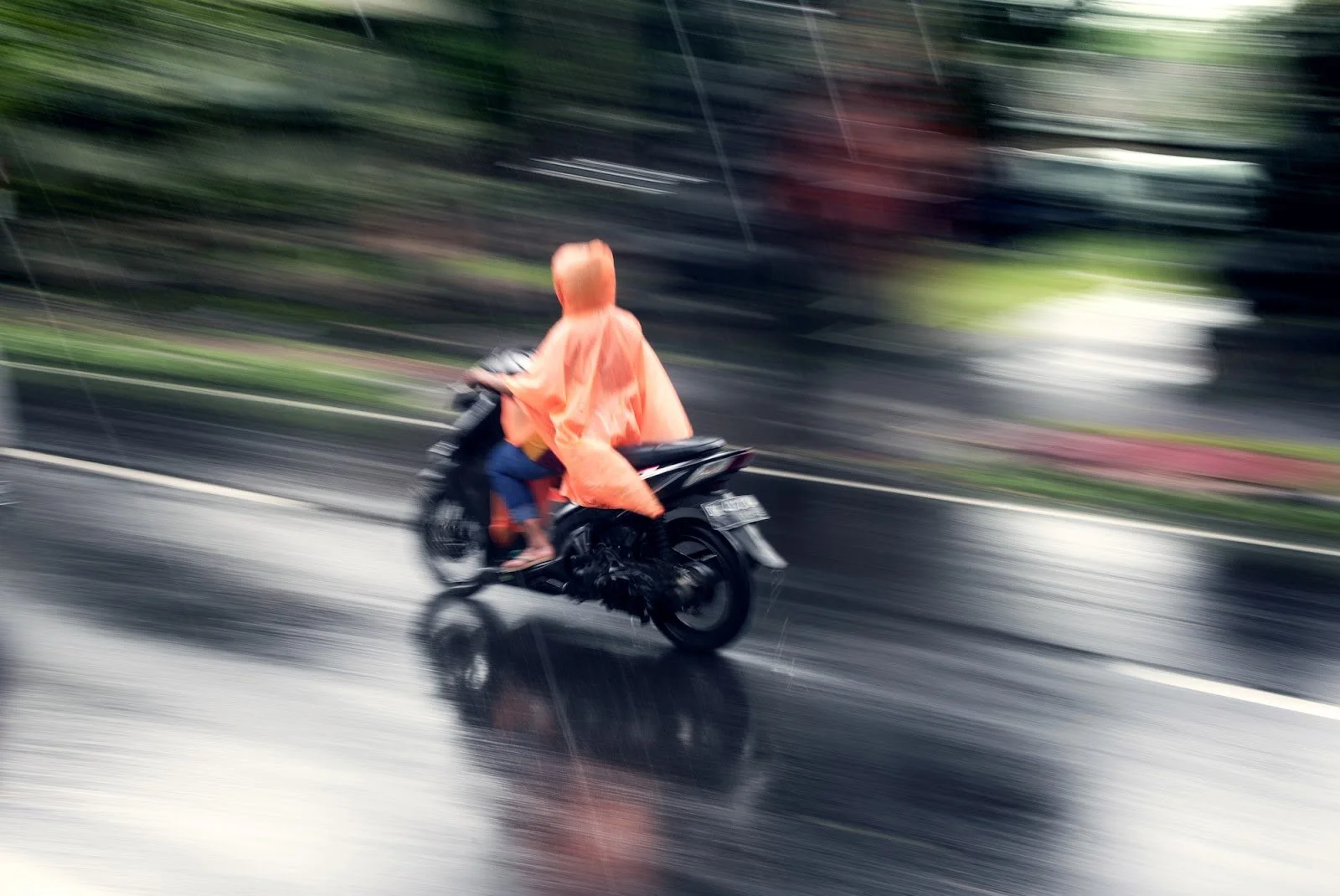The Top Reasons For Motorcycle Road Accidents
The Top Reasons For Motorcycle Road Accidents
Motorcycle accidents are an increasing concern around the world, with thousands of riders wounded or killed each year. Speaking of statistics, motorcycle accidents with lethal consequences account for up to 14% of all collisions. Understanding the primary causes of these events is critical for raising awareness and taking effective preventative actions. While many factors contribute to these incidents, let’s reveal the most common reasons for motorcycle road accidents.
Lack Of Skills
Inexperience is a major factor contributing to motorcycle accidents. Riding a bike requires specific skills and control, which novice riders often lack. As a result, they may struggle to handle their bikes effectively and make errors in critical situations. This lack of experience significantly increases the risk of accidents.
New riders face various challenges on the road, such as unexpected conditions or aggressive drivers. Inexperienced bikers may find it difficult to anticipate and respond appropriately to these challenges, putting themselves and others in danger. Inexperienced bikers may find it difficult to anticipate and respond appropriately to these challenges, putting themselves and others in danger. Shop Softail Slim Pre-Wired Kits offer kits that are great for beginners as well as for advanced bikers who want to spice up their gear!
Also, a common issue among inexperienced riders is a lack of confidence. They may feel unsure about how to handle certain situations or overwhelmed by different traffic conditions. This can lead to hesitation, indecision, or wrong maneuvering, raising the chances of accidents.
Furthermore, novice riders may not have developed safe and anti-accident riding skills like positioning themselves on the road, maintaining a safe distance, and effectively scanning for hazards. Without these pieces of knowledge and practice, inexperienced riders are more vulnerable to collisions and accidents.
Poor Visibility
A key cause of motorcycle accidents on the road is a lack of visibility. Motorcycles are frequently missed or unnoticed by other vehicles due to their smaller size, and this can have disastrous results. Drivers of damaged cars who failed to check their blind zones or not used their mirrors properly increase their risk of colliding with a motorcycle.
The size of a motorcycle makes them more vulnerable to being unnoticed by wrecked box trucks, especially in congested traffic. Drivers who aren't cautious and alert may mistakenly change lanes or make turns without properly taking into account the presence of motorcyclists nearby. This lack of awareness can lead to serious accidents and injuries for motorcycle riders.
Additionally, the reduced visibility of motorcycles makes the situation even worse during adverse weather conditions such as rain, fog, or darkness. Spotting bikes on the road becomes more challenging, further increasing the risk of accidents.
To stay safe in situations like these, both motorcycle riders and other drivers must take the initiative to promote road safety. Bikers should consider shopping online for a graphics kit to enhance visibility, use proper reflective elements on their clothes and vehicles, make sure their headlights and taillights are in good condition, and position themselves in a way that maximizes their visibility to other drivers.
Drivers of other cars must remain cautious and continually check blind areas before changing lanes or turning. Using mirrors efficiently and double-checking for motorcycles can help minimize accidents caused by poor visibility.
Riding a Motorcycle at High Speeds
In addition to the lack of visibility, another critical factor contributing to motorcycle road accidents is speeding. Unfortunately, many motorcyclists choose to disregard speed limits and operate their vehicles at excessively high speeds, putting themselves and others at great risk. The consequences of increased speed can be severe, as it diminishes the rider's ability to react promptly to sudden road obstacles or unexpected situations, significantly raising the likelihood of accidents.
Operating a motorcycle at high speeds reduces the margin for error. When riding too fast, bikers have less time to assess the road situation and respond to potential dangers or obstacles, such as a car suddenly changing lanes. This reduced reaction time significantly increases the chances of a collision and worsens the severity of possible injuries.
Handling a motorcycle when speeding can be extremely difficult. Maneuvering at high speeds also becomes more challenging, increasing the risk of losing balance and crashing. In such cases, the consequences can be catastrophic not only for the motorcyclist but also for other road users who may become involved in the possible collision. Also, any breakdown of a motorcycle with some vehicle history in these conditions can be fatal
Irresponsible Alcohol or Drug Riding
The use of alcohol or drugs while riding is also a common cause of bike accidents. Unfortunately, many riders neglect the negative impact that alcohol can have on their riding ability and how it can have lethal consequences.
Riding a motorcycle while intoxicated by alcohol or drugs results in poor decision-making, diminished coordination, and delayed reaction times, and these points considerably increase the likelihood of a traffic accident occurring. Simple operations like braking, accelerating, or maneuvering become more difficult and delayed in time, increasing the rider's chances of losing control and falling.
The delayed reaction times caused by alcohol or drugs limit a rider's ability to respond effectively to road circumstances or the actions of other drivers. This gap in reaction time could mean the difference between avoiding an accident and being involved in one.
The Bottom Line
Understanding the most common reasons for motorcycle road accidents is crucial for raising awareness and promoting safer riding practices. Factors such as lack of visibility, speeding, and inexperience contribute significantly to these accidents. By acknowledging these risks, we can work towards implementing effective preventative measures and promoting responsible riding habits. It's essential for both riders and other road users to prioritize safety, adhere to traffic laws, and remain vigilant on the road.





